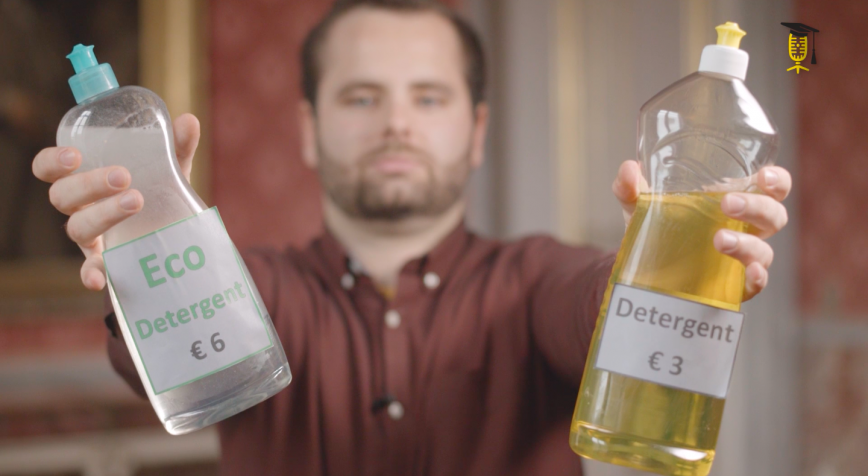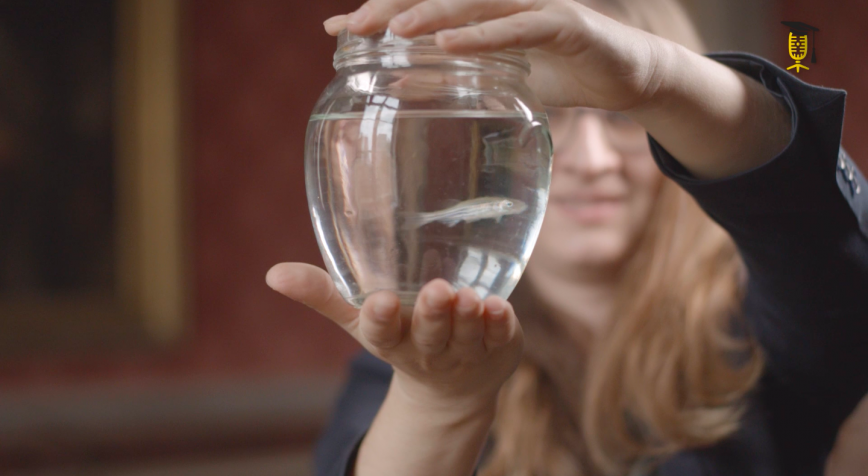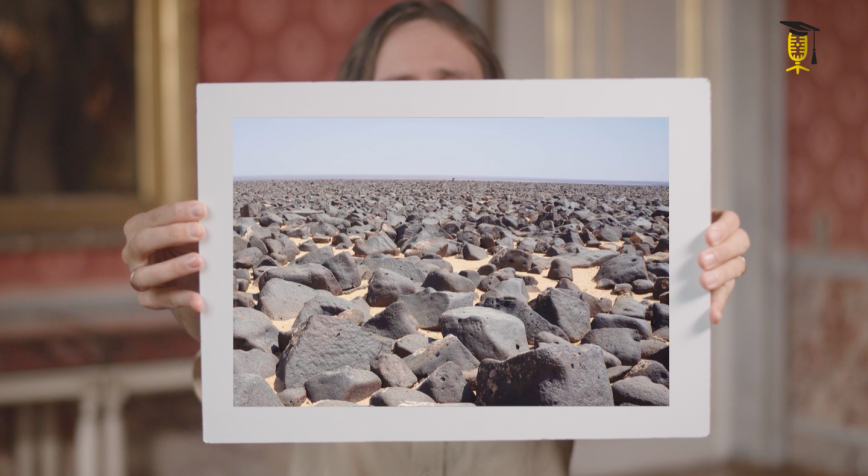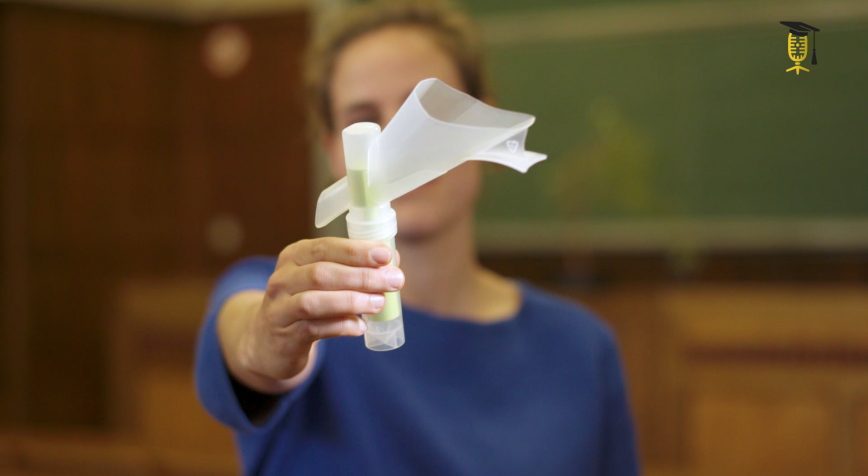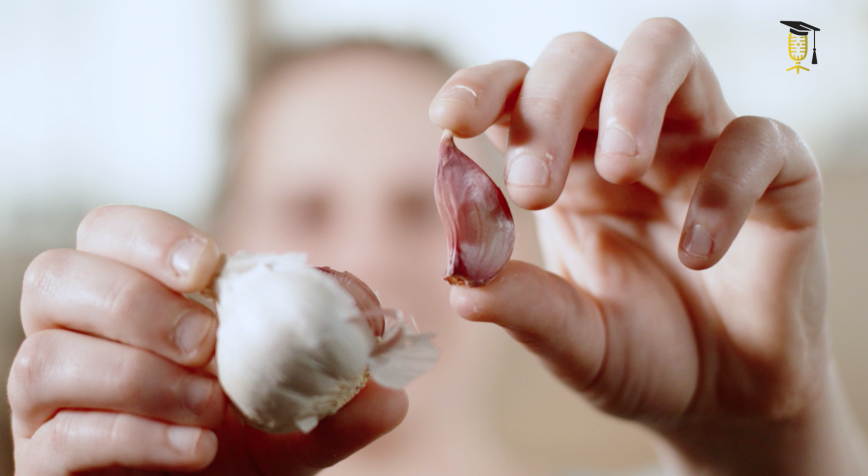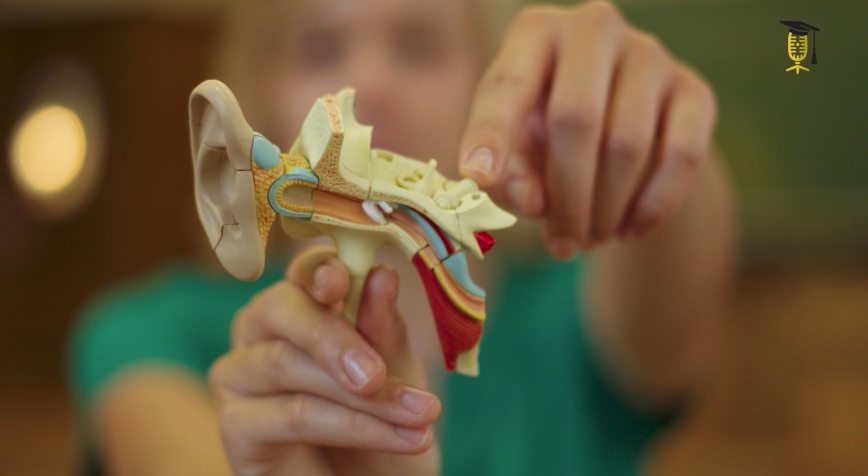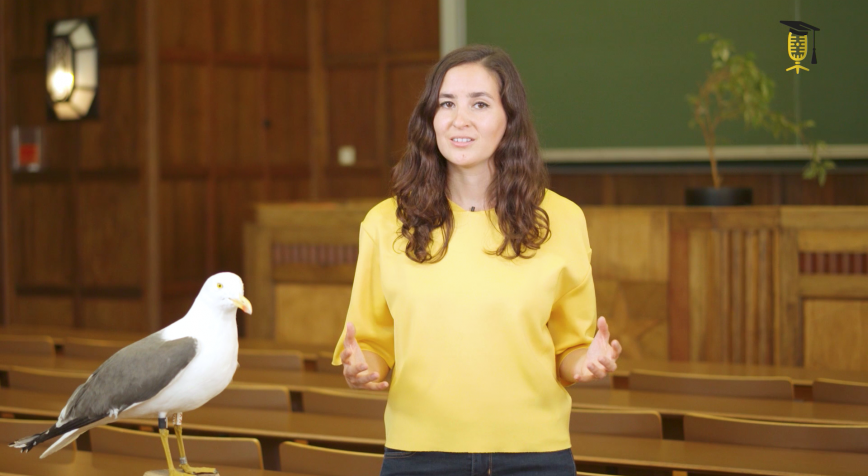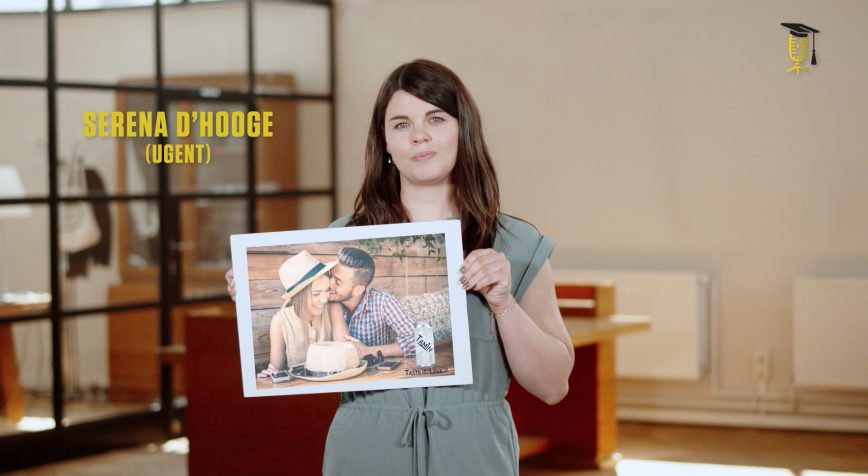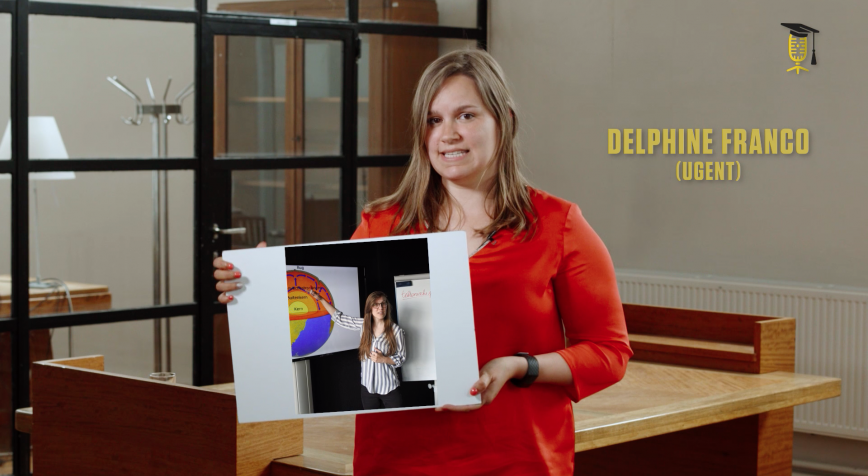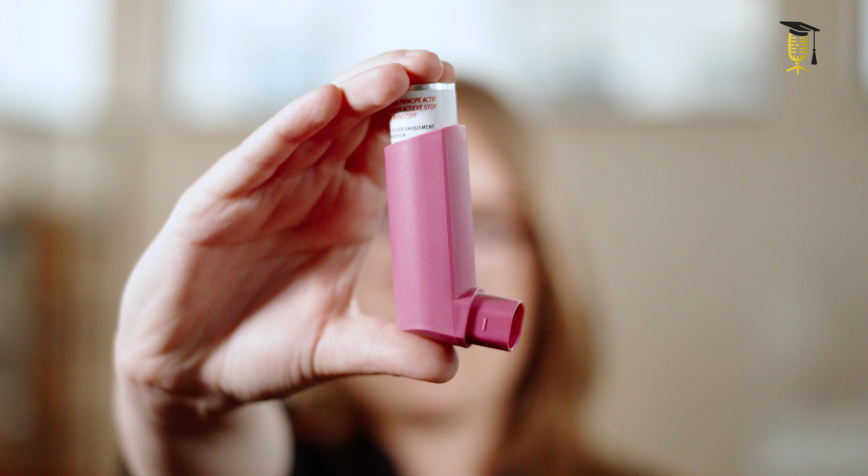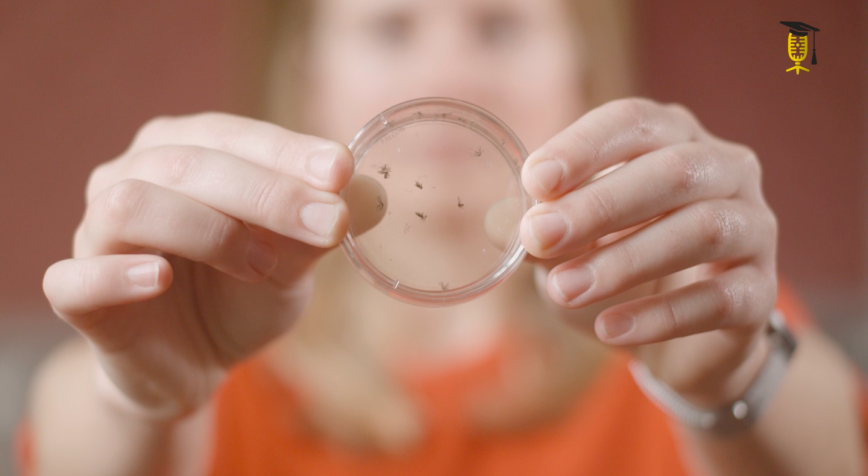
FWO
UAntwerpen
Close your doors for a tropical parasite
Every year 300,000 people - as many as the number of inhabitants of Antwerp - contract the tropical disease Leishmaniasis. Still, chances are that you have never heard of the Leishmania parasite, because this deadly disease gets little attention. So Lieselotte Van Bockstal decided to devote her entire doctorate to it.
